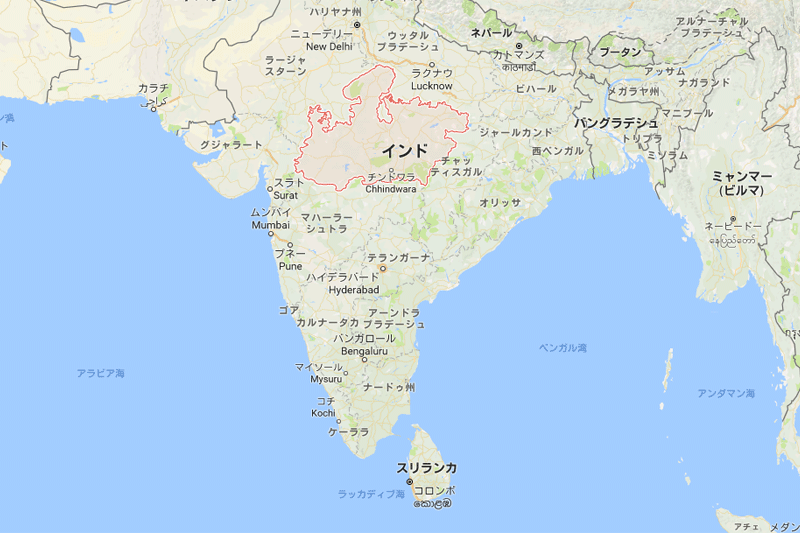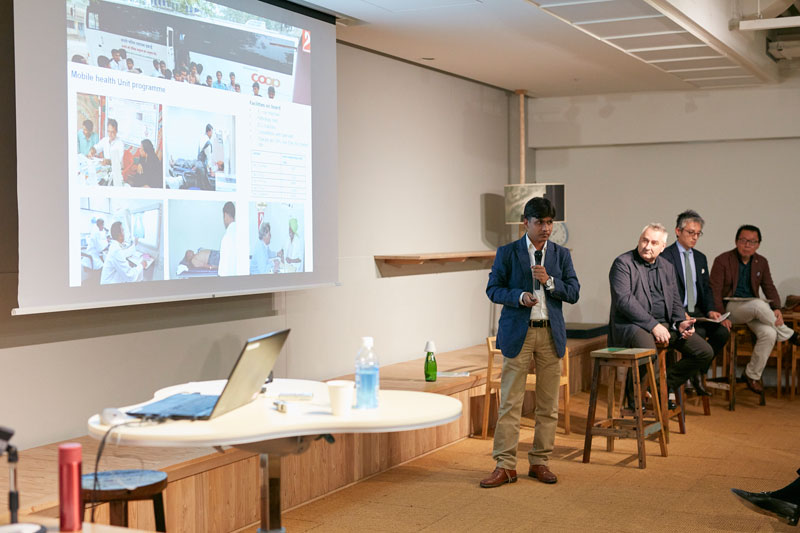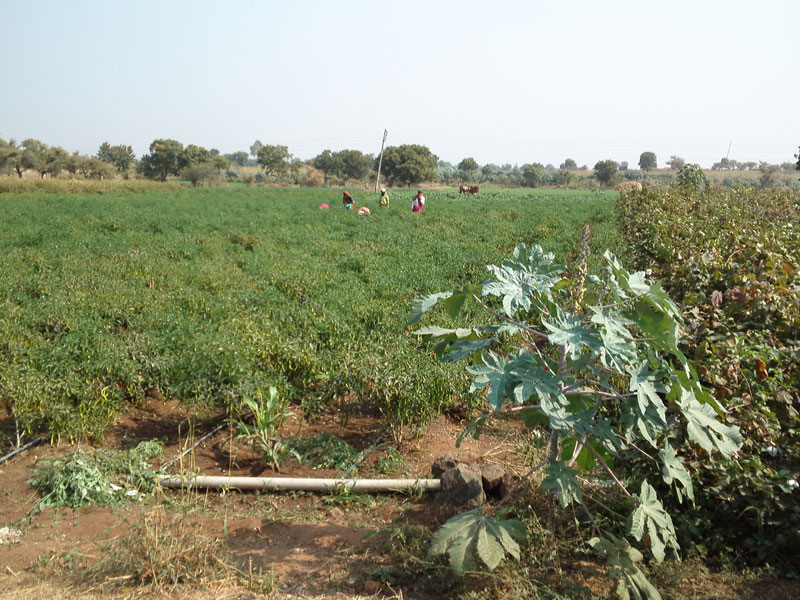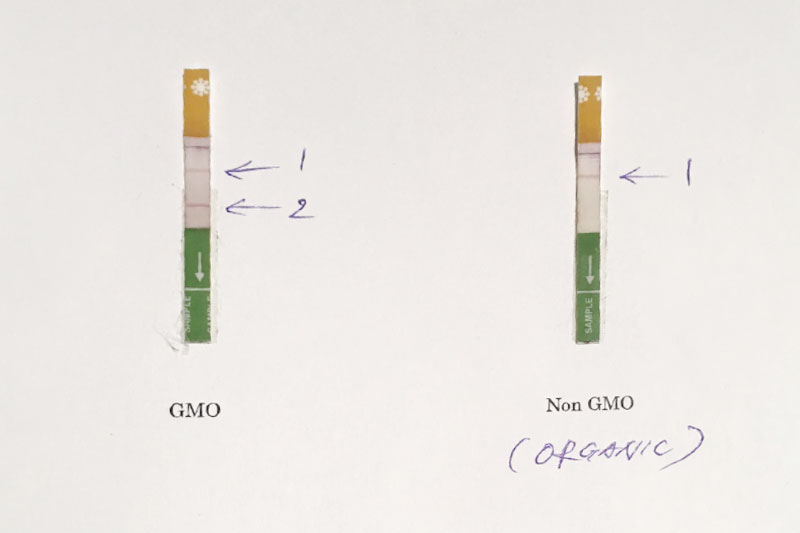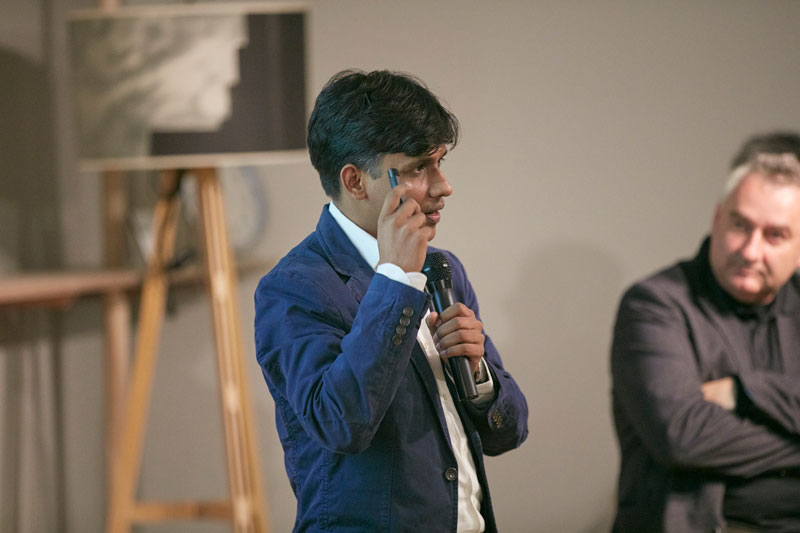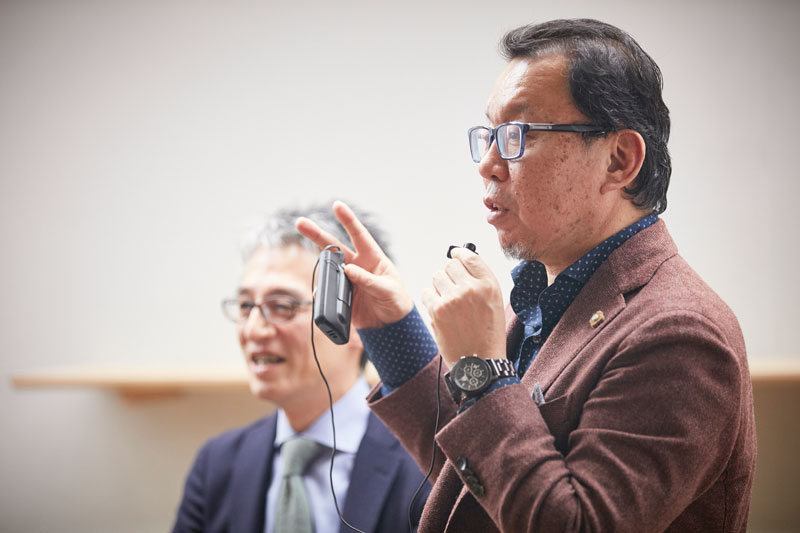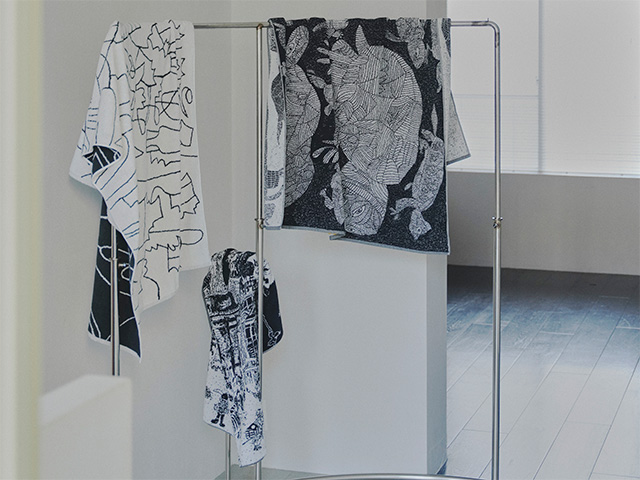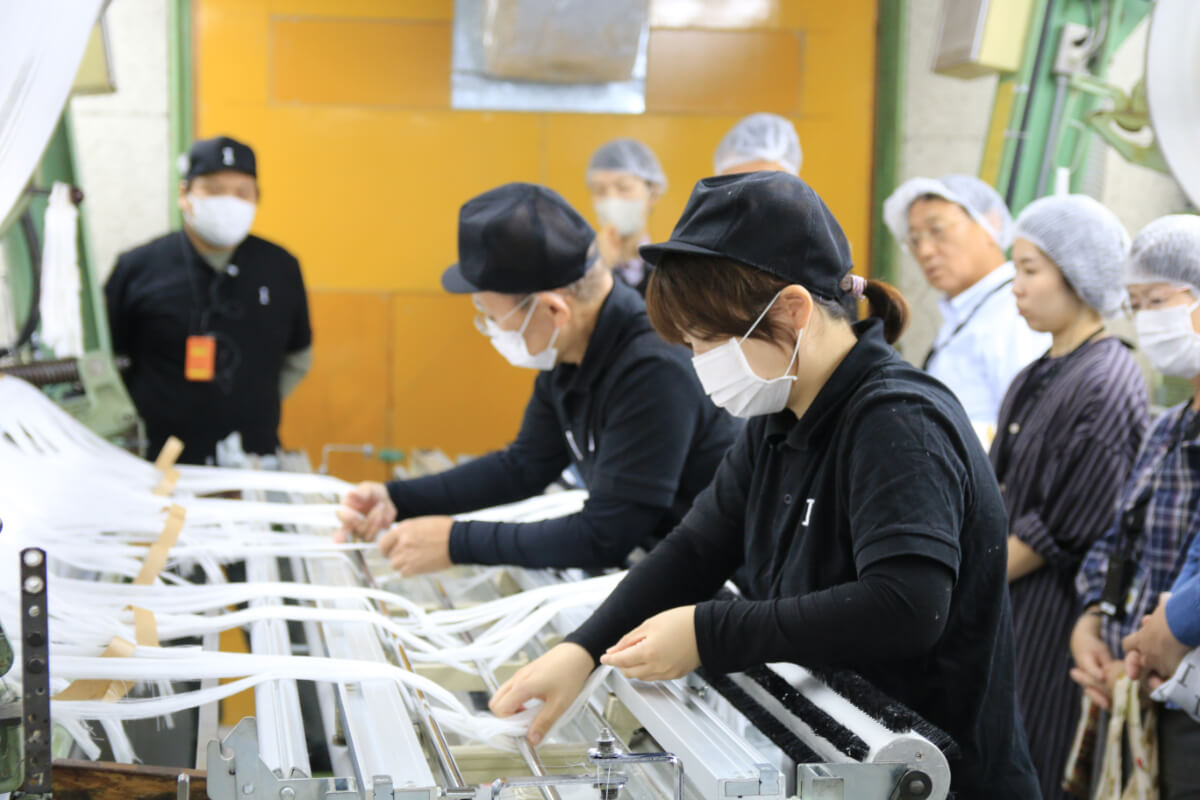- TOP
- News & Events
- News
- Learning from REMEI Switzerland, Challenges and Hopes for Social Business #2bioRe India CEO Mr. Vivek Presentation
Learning from REMEI Switzerland, Challenges and Hopes for Social Business #2bioRe India CEO Mr. Vivek Presentation
2017.04.14
Table of Contents
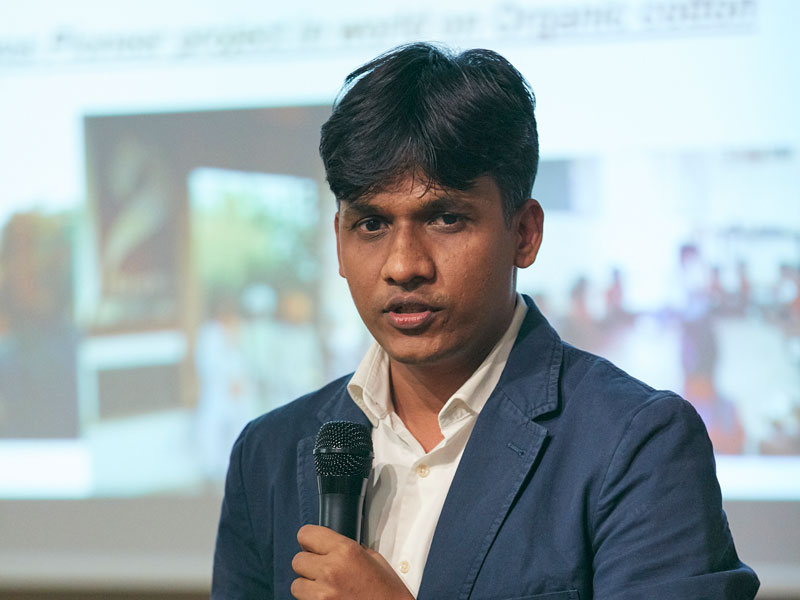
March 24, 2017 Speaker: Mr. Vivek Rawal, CEO, bioRe India Ltd. About bioRe IndiaVivek: Good evening, and now I would like to take you to India. Now that Helmut has talked about the overall structure of bioRe, I will focus a little more on India. There are two organizations in India. One is called bioRe India, which works under contract with over 3,900 farmers. And they grow cotton on roughly 7,000 acres of land (about 600 times the size of the Tokyo Dome). The board of directors of this company is formed by 6 people, and the chairman is Patrick, the founder. 2 of the 6 people are represented by farmers. The other is the bioRe Association, or bioRe Association, which is a form of NGO (non-governmental organization). It is an organization that finds and solves social problems and social significance. I am very happy to be able to show that bioRe India is producing organic cotton in quantities that we can be proud of worldwide. There is a state in the middle of India, Madhya Pradesh, where we are (growing cotton). First of all, when we think about the seeds, we give them to the farmers on a loan basis without interest. Fair relationship with farmersOnce the seeds are planted, we let them grow, and when we do so, we have professional advisors to give us various opinions. The situation changes, and various processes are changing, even when we say professional opinions. We spend a lot of research time to find out what stage we are at now. We then create our own certification system, check it, and then bring it in from an outside certification system. We then purchase the finished cotton from the farmers. Then we guarantee the purchase, and we pay a 15% premium on top of that. Next, we help them in the cotton ginning (the process of removing the seeds from the cotton) and pressing stages to make sure they have a good form of cotton ginning. And then, in terms of participation (in the board of directors), as I mentioned earlier, we have farmers in many villages, and one farmer from one village is represented by one representative, and two of those representatives come to the board of directors. Education, Health Care, Environment, Sanitation bioRe Association ActivitiesThe other bioRe Association, which I mentioned earlier is engaged in social activities, focuses on education, health, people’s livelihoods, and the environment. We have a training center here at bioRe India, where the association’s office is also located, and where various training sessions are held. We have over 4,000 organic farmers trained here. In terms of education, if you go to the outskirts of India, there are areas where there are no schools, and we are establishing animation schools in those areas. We have established an animation school in such areas. This is an elementary school like elementary school, and about 1,158 students are studying here. The school provides uniforms, textbooks, bags, and hygiene items to the students free of charge. There are 18 schools, each of which receives assistance in its own way. For example, the school supported by Panoco Trading, founded in 2007, currently has 2 teachers and 41 students. Funds were raised (supported) by Panoco. And the community donated the land. Farmers are participating in various ways and working together. The animation school I mentioned earlier is an elementary school, where children up to the age of 11 or 12 can study. After that, there is a need for a school for older students, so three large schools are currently being established. With the cooperation of COOP Switzerland, we now have 500 students in one school. We are running a mobile hospital with various medical equipment inside a bus. This is also done with the cooperation of COOP Switzerland and a company called Seaments. There are x-rays and electrocardiograms. There are doctors on board and they can give you medicine. So far, we have sent out 2,607 missions, and more than 90,000 people have received treatment and examinations. This is the number as of March 15 of this year. And our carbon neutral initiatives, we are working on initiatives that do not emit carbon dioxide. We now have 3,800 biogas plants that we are doing in the region and 4,500 smoke-free stoves. This is just in India, but in Tanzania we are also using a very large number of them to be carbon neutral. In the suburbs of India, there are many houses that do not have toilets, so we are also installing toilets to improve sanitary conditions. We also create women’s groups to improve their lives. We have a women’s group where they make yarn, spin, knit, and make textiles. By doing this, we are helping them to make their lives sustainable. That said, there are many difficulties and challenges. Difficulties in educating farmers and GMOsThe first and foremost difficulty we face is the psychological belief of farmers, many of whom believe that organic farming methods do not increase production. The second thing is that more than 95% of the cotton seeds in India are GMO (genetically modified organism) seeds. That is how difficult it is to produce organic cotton in this situation. Next, if a farmer grows other crops in order to produce organic cotton, it is not enough to make only cotton organic, but if a farmer grows several crops, it is necessary to make all of them organic. I will talk about how we react and respond to these issues. Producing non-GMO seedsWe are committed to doing research to produce organic cotton, and in cooperation with a place in Switzerland called Phibres, we are doing a longitudinal comparison to see what kind of crops can be produced by what kind of farming methods and how they are grown. We are doing this under the same conditions with different farming methods: organic, biodynamic, GMO, conventional, and so on. As I mentioned earlier, 95% of the cotton seeds distributed in India are GMO seeds, which are supplied by companies such as Monsanto (the largest GMO seed company in the world, acquired by German agrochemical giant Bayer last year in 2016). We are also taking measures to ensure that we have to produce our own seeds from these seeds. Also, there is no research institute at the university level that studies non-GMO seeds, so we are conducting our own research on that as well. We are also conducting our own research on seeds that are not GMOs, and we are planning to produce a large number of seeds that are not GMOs by 2020 by accumulating research on producing such seeds. We are aiming to produce seeds that are completely perfected in India and produced in an organic environment. Repeated checks and tests in all supply chainsWe test at the very beginning of the supply chain, when we buy seeds. When we buy seeds, we do DNA testing to make sure they are not GMO. Once we buy the seeds, we start growing them. Then we go to the farmer to check that the seeds are being grown in a non-GMO environment. If it is level 1, then level 2 is checked again when we buy the cotton after it is harvested. It’s called a strip test, and it’s not DNA, but we put it on a small litmus paper and check it. And when it goes up to level 3, one more level, we harvested it and bought it back. We put it on a truck. From there to the cotton mills, it seems that sometimes it gets mixed with GMO cotton without someone’s intention. To prevent this from happening, we check the cotton at key points during the process of loading the truck and transporting the cotton. Then, when the cotton comes to the factory, the fibers are taken and sent to a factory in Europe, where they are checked and tested again and again. And while these tests are conducted at many stages, we register all of them for future reference and documentation. We don’t just test, we register. Thank you very much for your time. Omuro: Thank you very much. In Japan, we don’t hear the word GMO very often. In Japan, we don’t hear the word “GMO” very often. But the two of you here today are very particular about it, and Mr. Ikeuchi is also very particular about it. In fact, if it is not NON GMO, it is destroying the environment, or rather, it is destroying various things. They are committed to NON GMO in the soil as well, and they both believe that without this commitment, it is impossible to create a sustainable society. Due to time constraints, I did not have enough time to explain this, so I would like to add a few words. Related Link |


